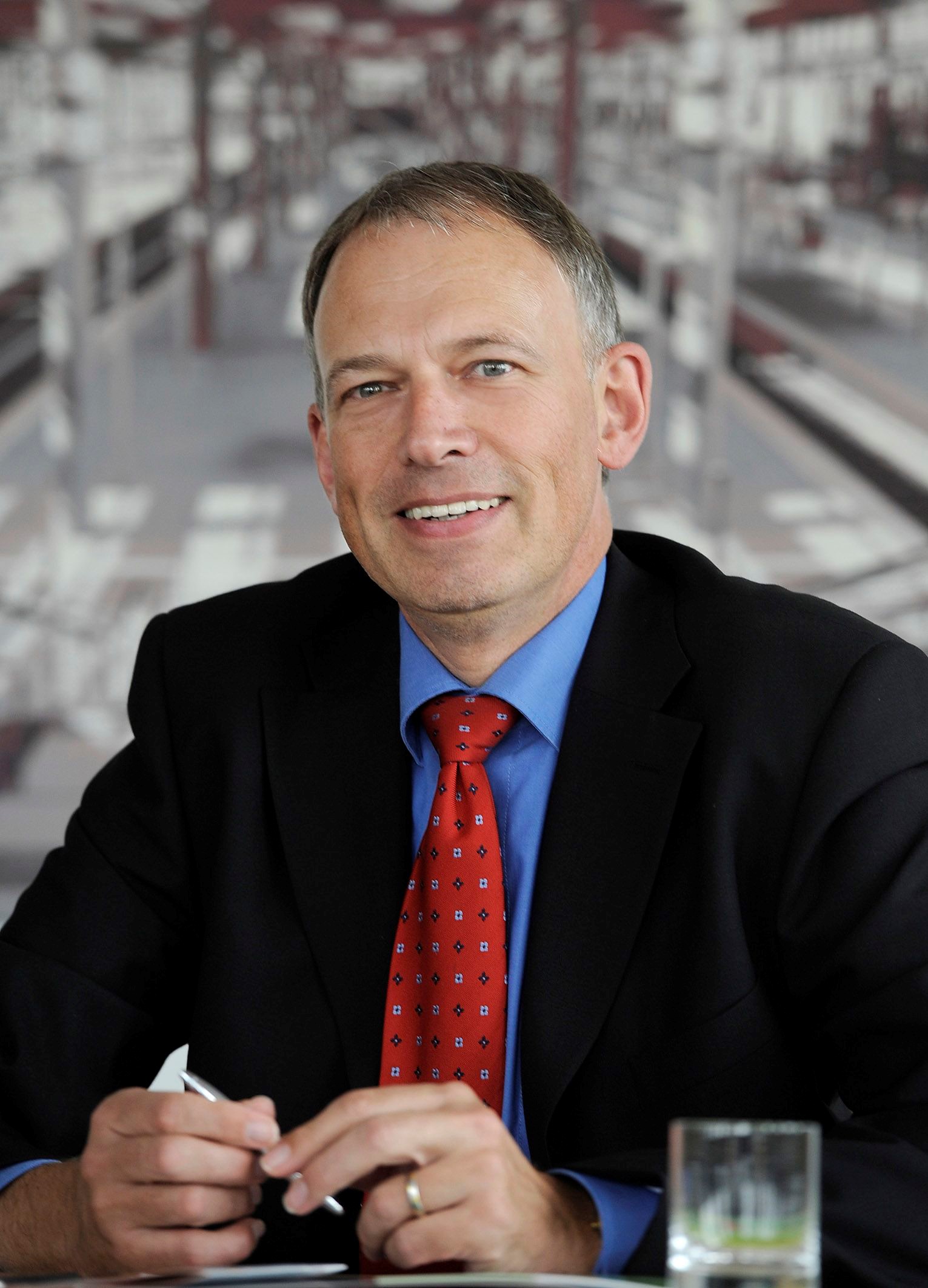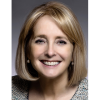For years, virtually no other industry has been shaped so much by sustainable growth as the medical technology industry and its suppliers. In addition, there are few other industries that require companies to stay at the cutting edge of innovation related to products, trends and technology. And many of these innovations are presented at the MEDICA trade fair each year.
The market is ever changing, and even within specific geographic regions the market situation can be radically different, depending on the nation and the approval processes for medical technology systems. Europe is one example of this. In Spain, Ireland and Romania, the sales curve for medical technology is rising, thanks to widespread economic recovery and a need for investment that built up during the years of the credit crunch. Demand is also high in the Netherlands, Austria and Switzerland. However, in Germany, Italy and France, progress is slower. While austerity is creating obstacles within the healthcare systems there, the current political developments and subsequent currency deprecations in some places put the brakes on access to the market and businesses in Turkey and Russia. The upcoming Brexit also produces more limitations.
Digital Transformation
Digital transformation is the primary force shaping the health economy and radically changing processes and business models on a global scale. The discussions and presentations at MEDICA 2018 will focus on essential digitalization and IT trends such as opportunities to implement artificial intelligence, big data analysis via algorithms and cybersecurity measures. Innovative products and technology will also be presented—from wearable technologies and telehealth to robotics and apps. The theme of “Patient Empowerment” (the management of healthcare data being considered the responsibility of the patient) is becoming more significant this year.
The German Federal Minister of Health, Jens Spahn, will open MEDICA 2018 and the German Hospital Conference on November 12. He will also share perspectives for health policies during the current legislative period at the MEDICA ECON FORUM.Artificial Intelligence
The common fear concerning artificial intelligence (AI), namely the suspicion that doctors and healthcare staff would be replaced by learning, automated working systems and robots in the future, has long been refuted. Instead of replacing workers, these modern working methods are best described instead as “advanced intelligence” where humans and machines merge the best of both worlds. One example of this is diagnostic imaging, where AI ensures that the radiation zone in CT scans can be delimited optimally, or that data recorded in MRI or CT systems can be pre-analyzed before the actual findings are determined by the radiologist, no matter whether the subject studied is a fracture, tumor or an infection point. AI acts similarly in fully automated calculation of care cases, which means that the human workforce can concentrate primarily on following up abnormalities and more complex cases.
MEDICA Start-up Park
Last year’s premiere of the MEDICA START-UP PARK was a success, and this new platform for the creative start-up scene has been made a firm fixture in MEDICA’s program. In Hall 15, young companies can present their ideas, primarily those for the digital health sector, and meet potential business partners. Magnosco from Berlin will be among the participants this year. The development team will present an application for early detection of skin cancer that uses a combination of laser technology and artificial intelligence. NUVOAIR from Stockholm has also registered for the Start-up Park to introduce their Air Smart Spirometer. Last year, they laid foundations at MEDICA by participating in the MEDICA App Competition and winning second place. Using a combination of hardware and an app, the Air Smart Spirometer measures lung capacity of asthmatic or COPD patients at home. .
Entire Diagnostic and Therapeutic Workflow in One Place
The MEDICA specialist trade fair is oriented around a broad diagnostic and therapeutic workflow in medical care, focusing on the following: Electromedicine / medical technology (~2,500 exhibitors), laboratory technology / diagnostics, physiotherapy / orthopedic technology, commodities and consumables, information and communication technology, medical furniture and specialist furnishings for hospitals and practices.
COMPAMED 2018 will take place concurrently on all days of MEDICA 2018 in Halls 8a and 8b. With around 800 exhibitors, COMPAMED is the leading international market platform for suppliers of the medical technology industry. Last year, MEDICA and COMPAMED attracted 123,500 trade visitors from 130 countries.







